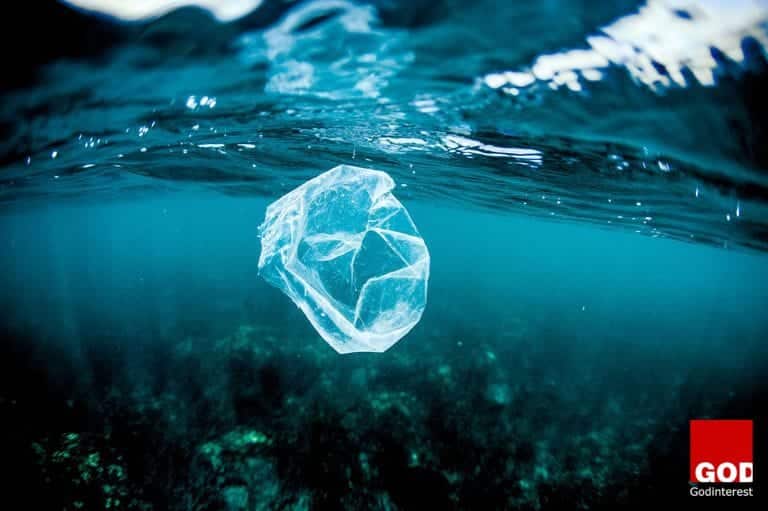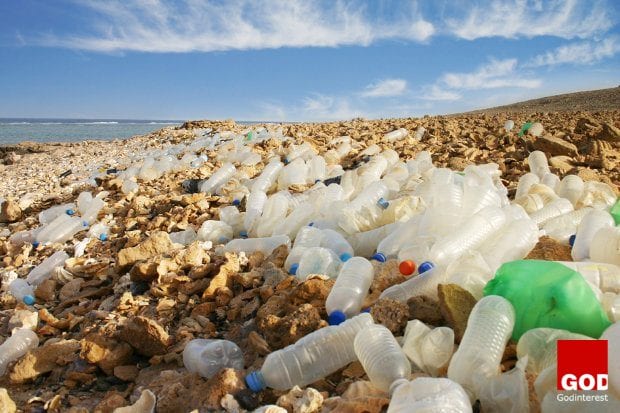Rotterdam Considers Roads Made of Recycled Plastic
Roads made out of plastic, not possible? The Dutch have other ideas and there is a ready made source floating in our oceans.
What about the idea of a road that contains no concrete or hardcore but plastic which otherwise would go to landfill, be incinerated, or worse, form part of what is estimated to be 8 billion kgs of plastic floating around our oceans. The ubiquity, volume, and permanence of plastic waste demands better solutions.
Around 8 Million Metric Tonnes Go into the Oceans Each Year, According to the First Rigorous Global Estimate Published in Science Today
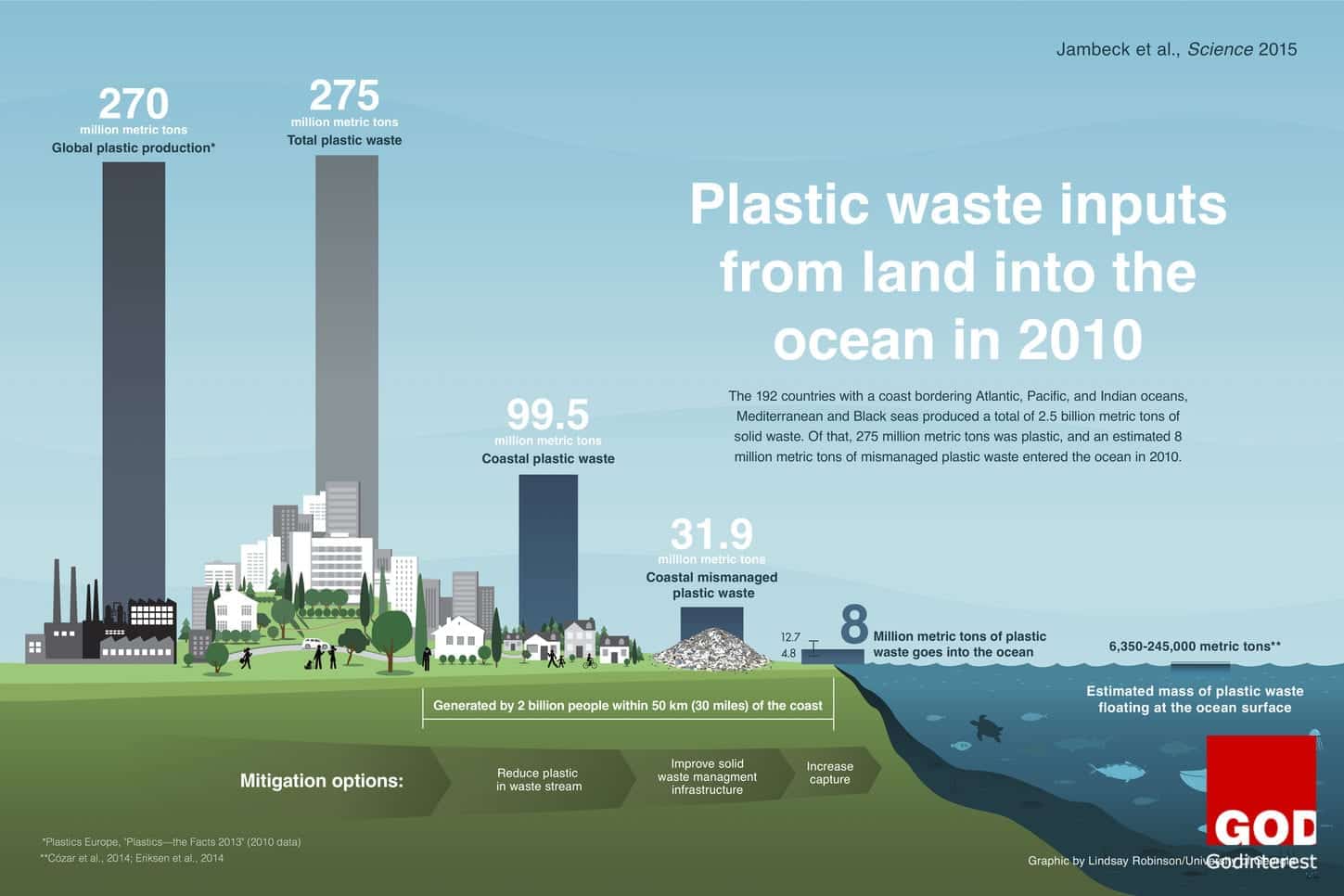
A Dutch company thinks they have the answer, constructing roads using lightweight plastic instead of asphalt which requires less maintenance, thanks to the material’s greater resistance to corrosion, weather and extreme changes in temperature.
We May Soon Be Driving on Last Year’s Plastic Bags and Bottles, Fished out of the Ocean
Prefabricated off site, the sections of road would be formed with space for cables and utility pipes below the surface, and the roads could be integrated with anything from traffic sensors, to measuring equipment or connections for street lamps.
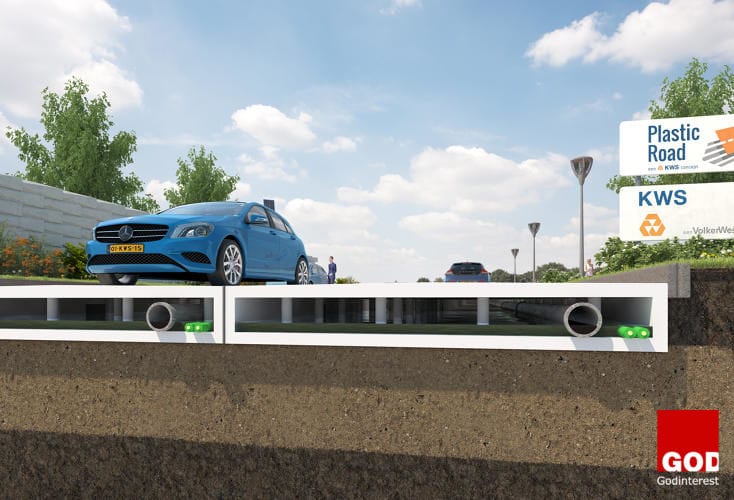
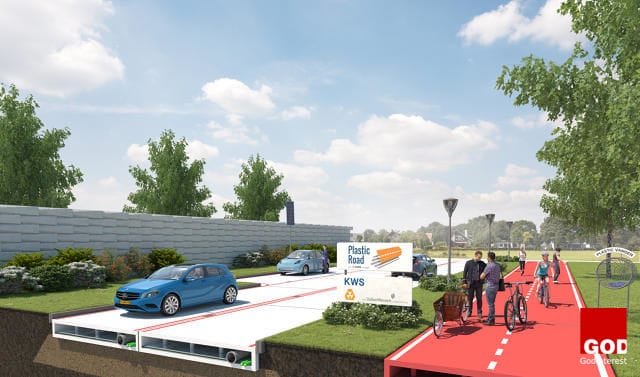
“The concept is based on the use of all kinds of waste plastic, but mainly the part of the waste stream that doesn’t already have ‘high end’ recycling applications and would ordinarily be burned,” says Alex van de Wall, an innovation manager at KWS Infra, the company testing the new plastic roads. “One of the sources is the so-called plastic soup floating in our oceans.”
The company hopes to build the first fully recycled thoroughfare within three years, and the city of Rotterdam has signaled an interest in running a trial.
A thought to ponder”¦”¦”¦developing more cities to become “smart” by expanding public transport, increasing energy saving measures and using better methods of waste management could save the global economy as much as $22tn by 2050.


